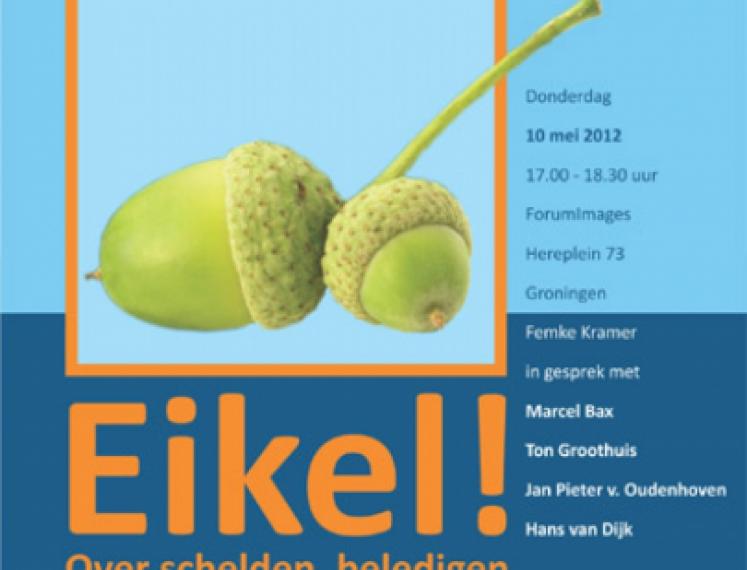
Broerstraat 5
Groningen
Nederland
Kwame Anthony Appiah
Kwame Anthony Appiah is one of the most practical and influential philosophers of our time. With his cross-disciplinary analyses, Appiah sheds new light on topical moral questions, while not shying away from controversy. Groningen based philosophers Daphne Brandenburg and Charlotte Knowles will have a conversation with Kwame Anthony Appiah about his work on experimental approaches to ethics, cosmopolitanism, identity politics, and on social norm change.
Together, they will examine key questions such as: what is it to identify as a particular race, gender, sexuality, nationality, or class? To what extent do these collective identities enable or constrain our freedom, and our individuality? What does empirical moral psychology tell us about ethics and the human ability to do what's right or good? And, what implications does this hold for philosophical ethics and the relationship between morality and science?
Kwame Anthony Appiah is a Ghanaian/British/American philosopher and writer who has written about political philosophy, ethics, the philosophy of language and mind, and African intellectual history. Appiah taught at the University of Ghana, Cornell, Yale and Harvard. He was the Laurance S. Rockefeller University Professor of Philosophy at Princeton University. Since 2014, he has been Professor of Philosophy and Law at New York University. Appiah was elected President of the American Academy of Arts and Letters in January 2022.
Daphne Brandenburg’s work critically analyses how research findings from psychology and cognitive science have bearing on ethical questions about autonomy, responsibility, and moral emotions. Do implicit biases render us less free? When can a child be considered responsible for what they do? What is the value of moral anger? These are key questions she addresses in her work. As a member of the Young Academy Groningen she facilitates and encourages transdisciplinary research and public outreach at the RUG.
Charlotte Knowles’ primary research areas lie in feminist philosophy and phenomenology, particularly Heidegger and Beauvoir. These interests come together in her work on complicity. She focusses primarily on complicity in gendered contexts, exploring notions of freedom, responsibility and agency. Charlotte is interested in public philosophy and from 2016 - 2024 had a regular column in The Philosophers' Magazine.
After the interview, various books will be available in the book stand of Godert Walter: (in English and Dutch) The lies that bind (2018), (Dutch) De Erecode (2012) and Cosmopolitanism (2006).
Not able to attend? Watch the livestream here!
Copyright photo: Dan Turello


